Stamp Errors Review: Part II
Views : 9876
This is the second part of the article on stamp errors. Click here to read Part I.
18. Imperforate between.
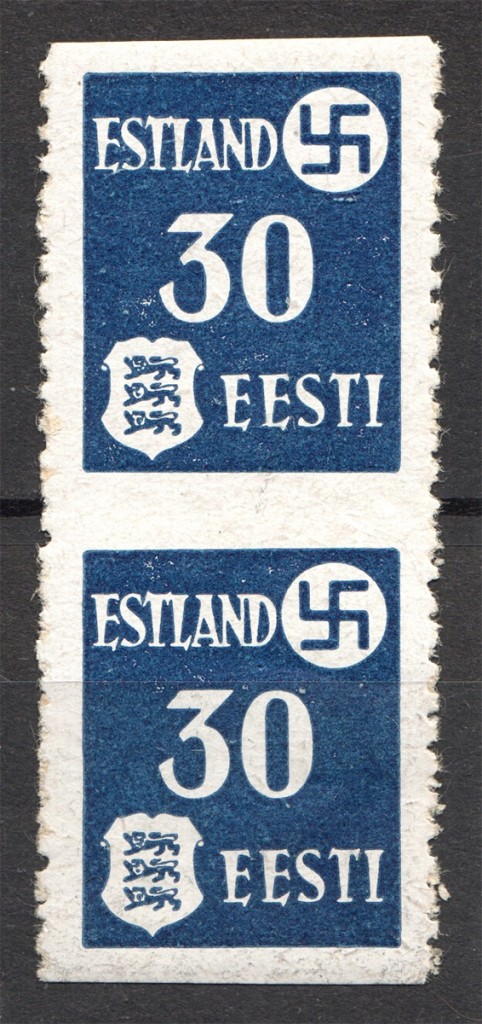
Estonia pair of stamps issued under Germany occupation. Imperforated between.
When perforations between the pair are missing (this is an error, which can be found in a sheet of stamps).
19. Horizontally imperforate.
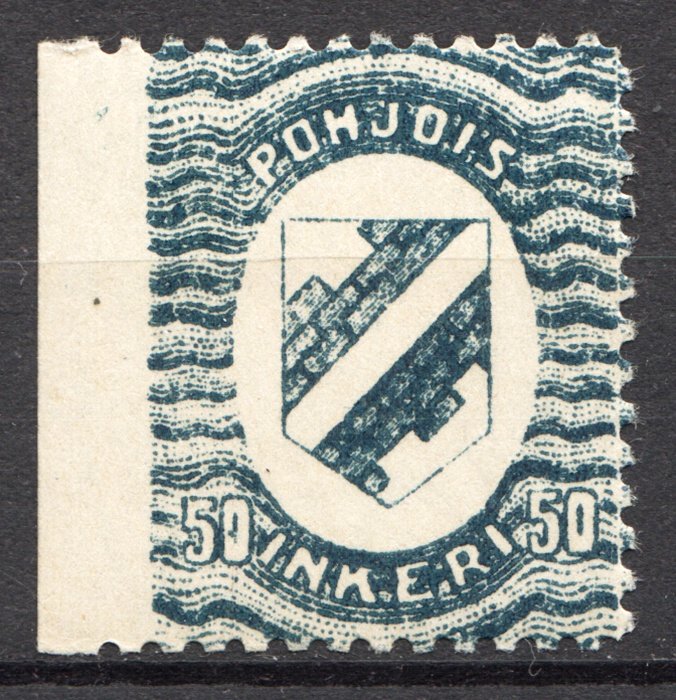
Ingria (Ingermanland) stamp without perforation from the left.
When there are no horizontal perforations in a sheet.
20. Vertically imperforate.
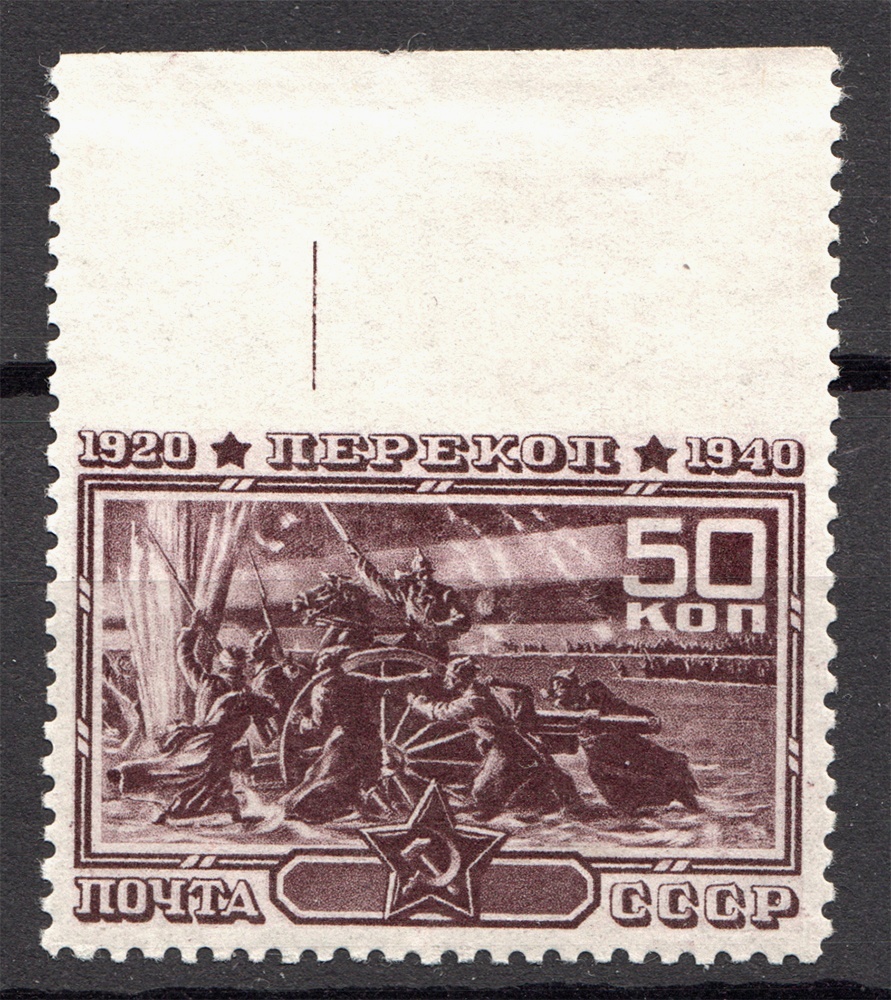
1940 USSR Perekop battle stamp imperforated at the top.
21. Misperforation/perforation shift.
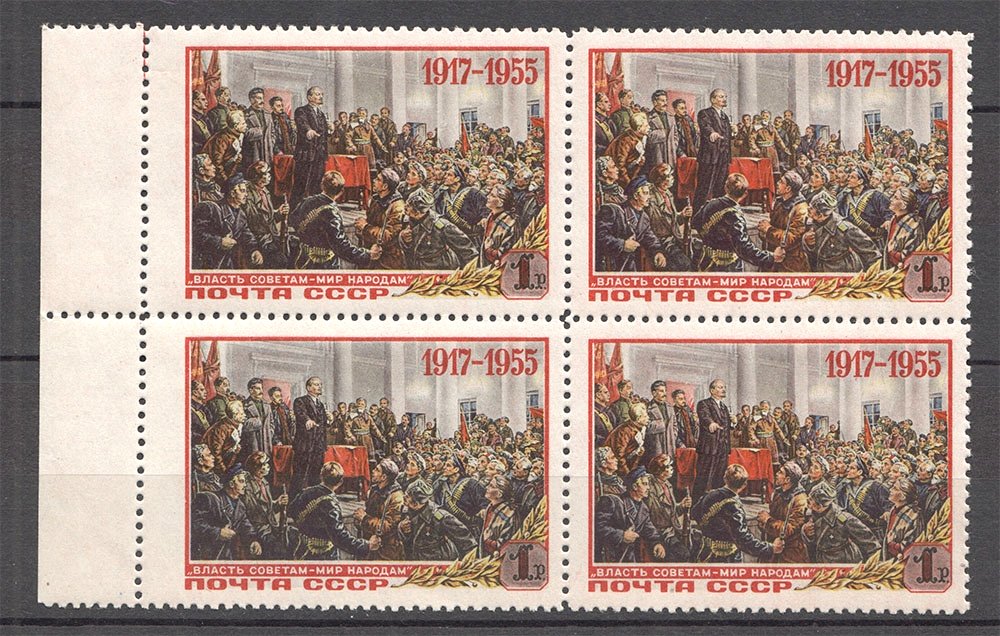
USSR 1955 Block of Four with shifted perforation from the left.
When perforation holes were made incorrectly, which caused stamp design disfigurement.
21. Tête-bêche error or “Head to Tail”.
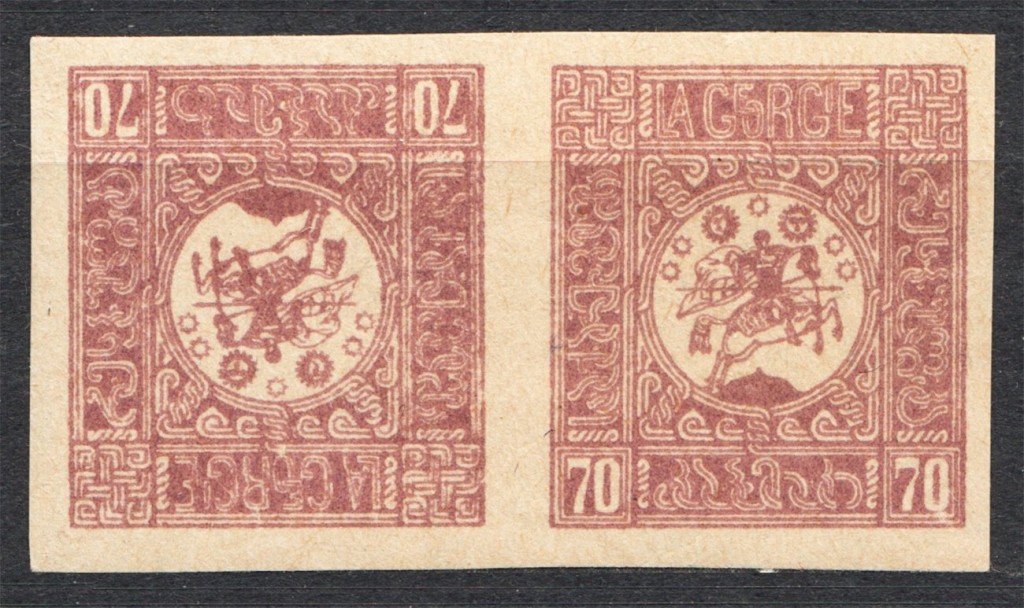
1919-1920 Georgian tete-beche pair (Russia Civil War period).
When an employee makes a mistake or a printing machine has been damaged, and one of the clichés is inverted (upside-down) in relation to the other ones. These stamps are collected in pairs or blocks.
22. Blind perf error.
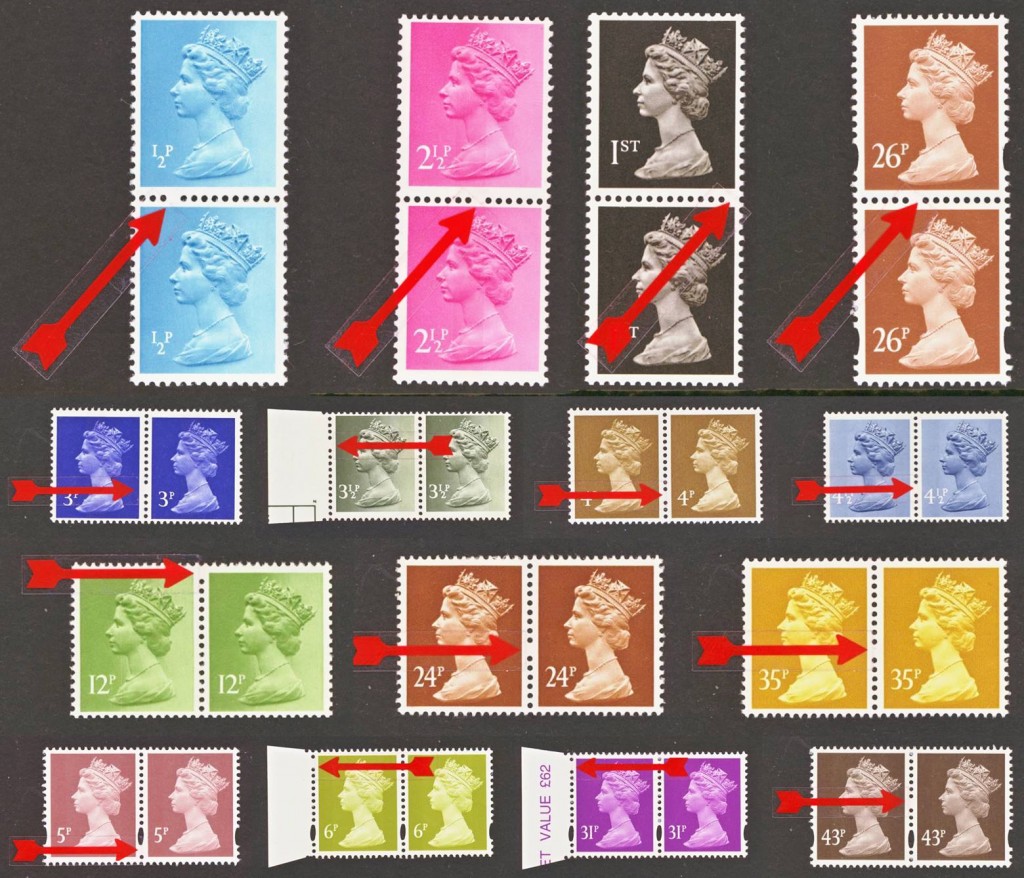
Greatbritainstamps.net image.
When one of the perforation holes has not been punched out.
23. Offset error.
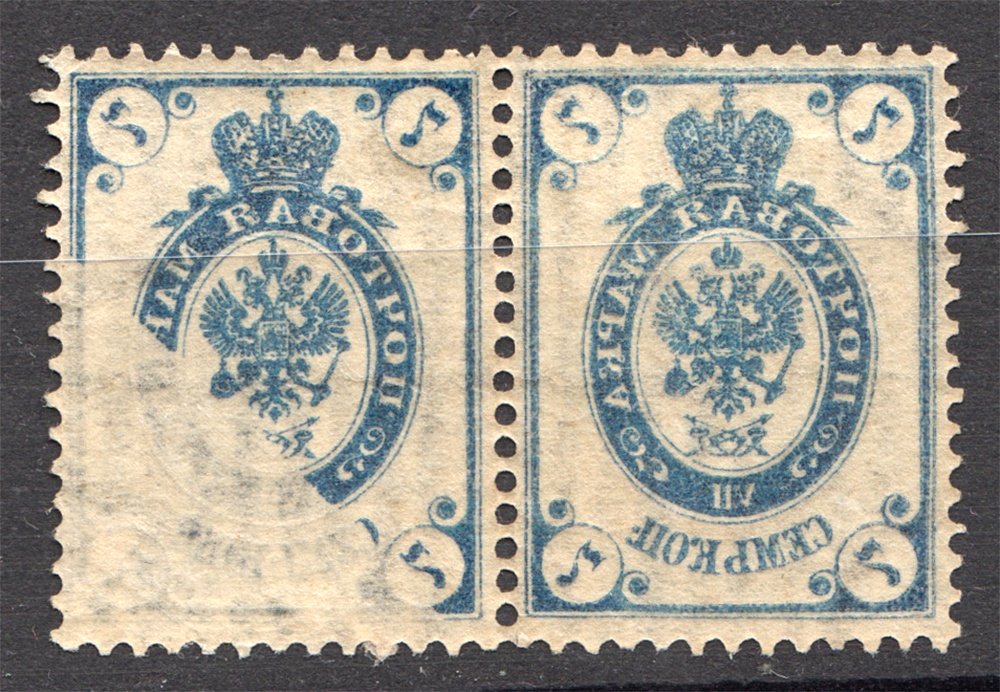
Partial offset and full offset in Russian Empire 7 Kop.
A stamp with a normal impression on its front and a reversed impression on the gum side. This occurs when the ink intended for one sheet was applied to another sheet of the stamp.
24. Over-inking.
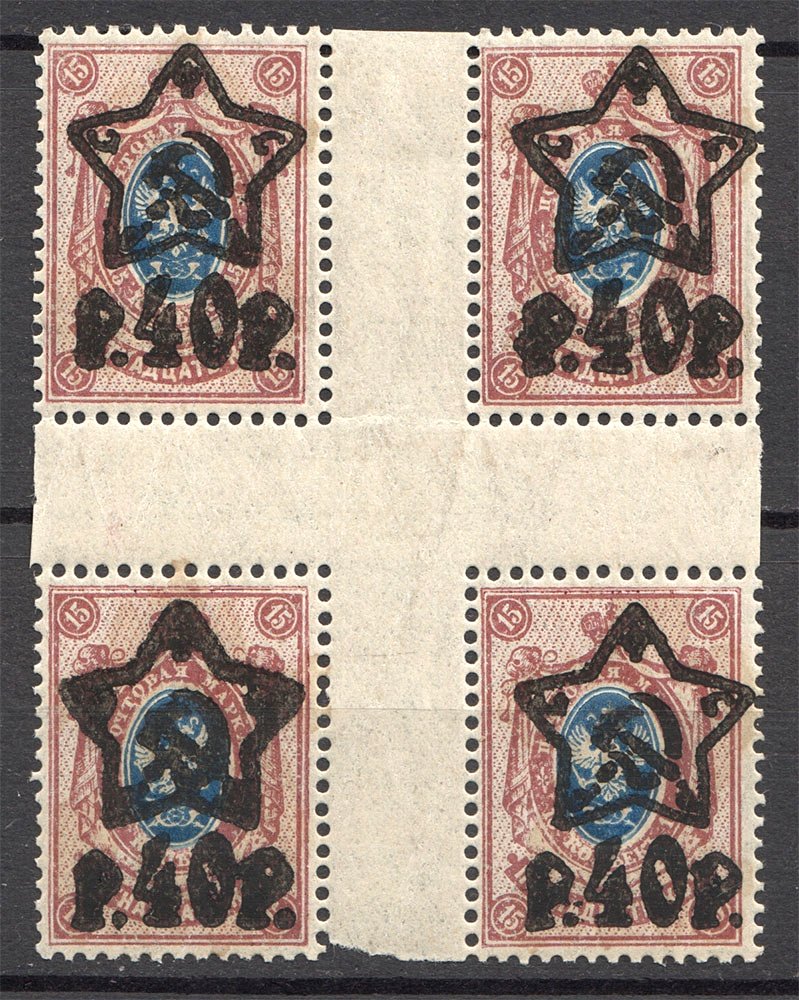
Overinked overprint at bottom-left RSFSR stamp.
When too much ink was used, which made the design unrecognizable (or too bright).
25. Under-inking.
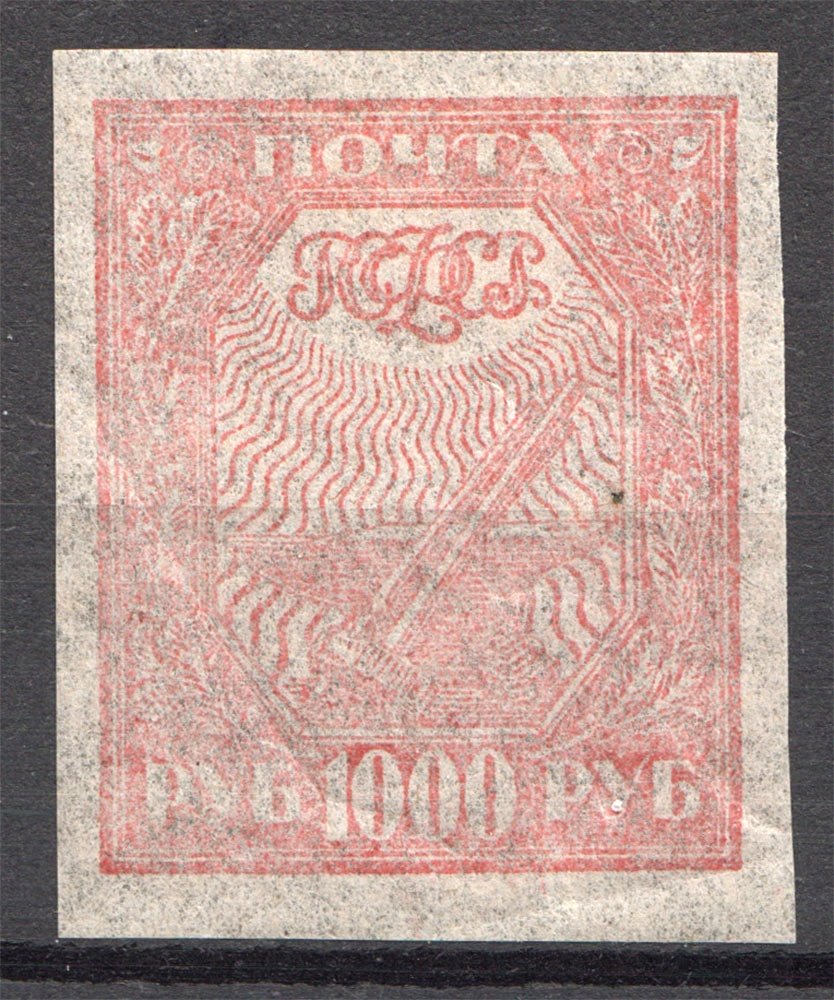
Under-inking RSFSR stamp (Error also called "Pale Face").
When not enough ink was used, which made the design too faint.
26. Ink smear/blobs.
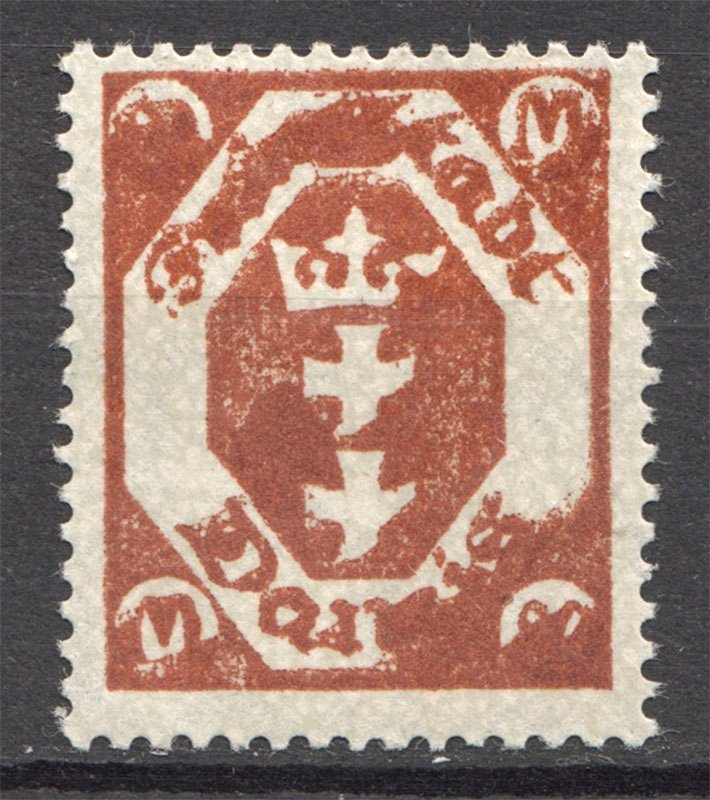
Danzig (Gdansk) stamp.
When the ink was distributed unevenly, which affected the design.
27. Albino error.
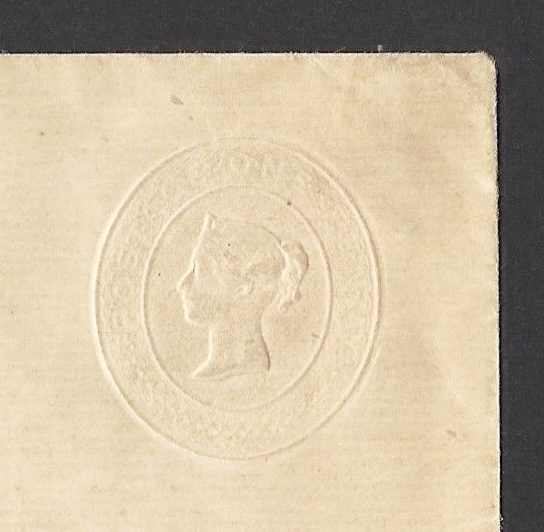
Albino error on the postal stationery cover.
A complete absence of color on a stamp.
28. Gum error.
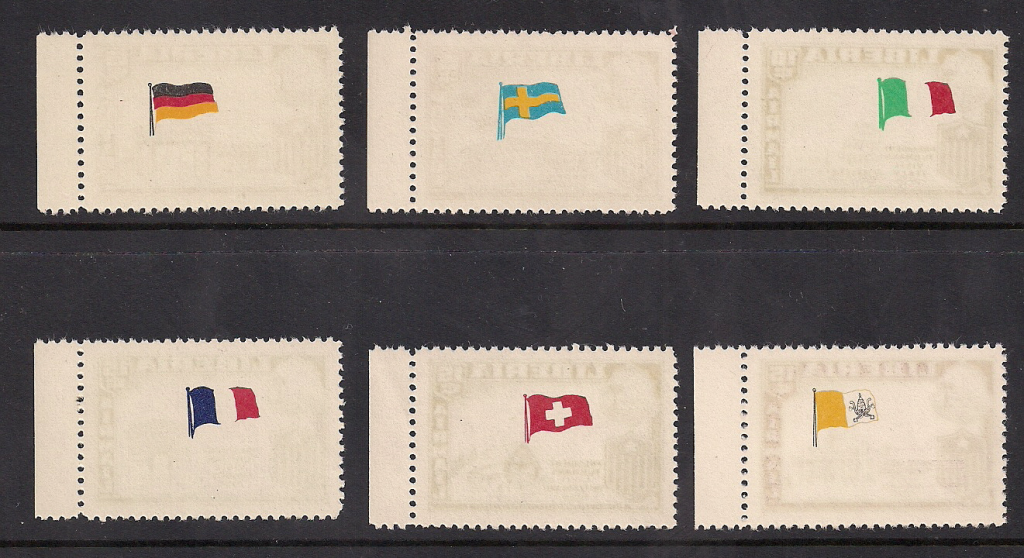
Flags printed on the backside of Liberia stamps.
When a stamp has gum on a wrong side (or on both sides) or if a wrong gum intended for another stamp was used.
29. Miscut.
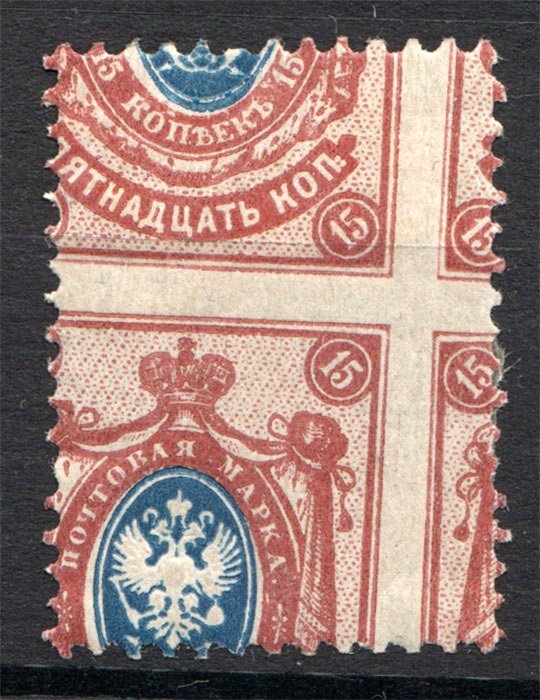
Russian Empire stamp miscut.
When perforations do not coincide with the borders of a stamp. The shift can be distinctive or the reverse (just a few mm.)
31. Unprinted areas.
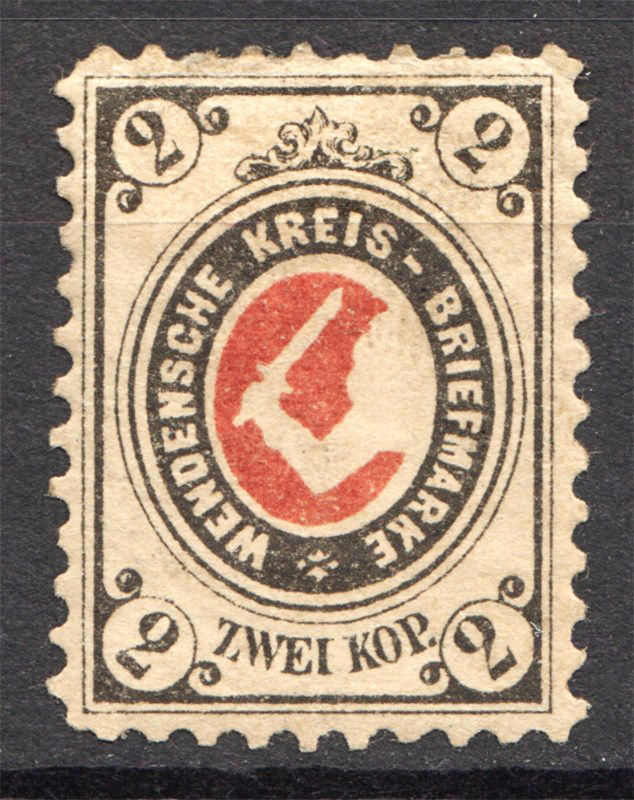
Green color missed on Wenden stamp.
When the design emerges partly unprinted. Some foreign objects may be embedded on the item.
28. Phosphor band error.
When phosphor bands or coating are missing. This error is quite hard to notice.